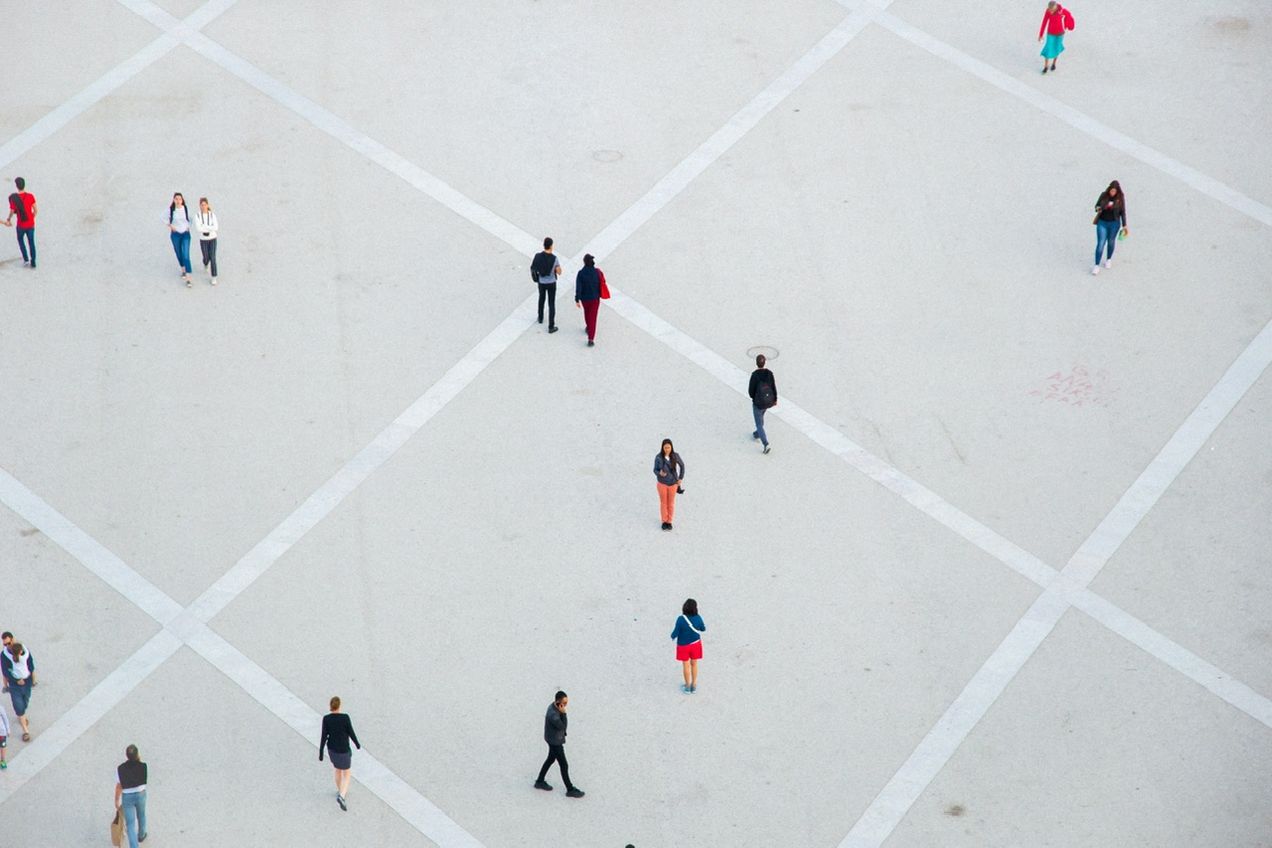
Niki Minaj in Twitter Jail: Inoculated #6
This week:
- Nicki Minaj's claim drew a number of high-level responses, including one from Trinidad & Tobago's Health Minister Terrence Deyalsingh, highlighting that misinformation isn't just harmful because it weakends trust in vaccines, but also because it depletes scarce public resources: https://twitter.com/KevzPolitics/status/1438183898358366208
- The WaPo shows us how health and wellness influencers spread misinformation: "For many, the term “misinformation” conjures up images of conspiracy-theory chat forums and Russian bots. But an alarming amount of it is reaching audiences in the health and wellness realms. Many social media influencers who focus on natural remedies, holistic health and new age spirituality have been sharing posts and videos questioning the wisdom of vaccinating against the coronavirus. Public health experts say widespread vaccine hesitancy increases the threat of the virus mutating and helps keep the pandemic raging."
- Nieman Lab points out that engagement makes social media users more vulnerable to disinformation. The author used an app to test this hypothesis. The result: "We found that players are more likely to like or share and less likely to flag articles from low-credibility sources when players can see that many other users have engaged with those articles. Exposure to the engagement metrics thus creates a vulnerability."
- In another piece, Nieman writes about a possible global solution to misinformation: Much of the research about combating misinformation with fact-checking comes from experiments that looked at single countries in North America, Europe, and Australia. By over-relying on Western, educated, industrialized, and rich countries — known, charmingly, to scholars as “WEIRD” populations — for data, were scholars making claims about fact-checking that would not hold up in other nations?
Other stuff we're reading right now: This week, The Wall Street Journal published the first two articles in its Facebook Files series. It's behind a paywall. But! you can listen to the podcast (or read the transcript) here. The gist of the first installment: WSJ's Jeff Horwitz explains how high-profile users from celebrities to politicians are shielded from the site's rules and protected from enforcement measures. The company does this in secret, even as CEO Mark Zuckerberg says publicly that all users are treated equally.
Shock excerpt from the transcript:
Jeff Horwitz: Yeah, content that absolutely by Facebook's final determination after multiple layers of review, definitely violated their rules was viewed 16.4 billion times.Ryan Knutson: That's 16.4 billion views of things like hate speech, racism, revenge porn, graphic violence. The number is so large because remember these are high profile accounts with huge numbers of followers.
A new report from Mozilla: TikTok: This is how we're going to safeguard the German election this month.
Mozilla: Sorry, fail.
In case you missed it: Tech Policy Press has a piece on online “wormholes” and how scientific publishing is weaponized to fuel COVID-19 disinformation: Decentralized, fragmented, open-access online scientific literature systems provide opportunities to manipulate perceptions around scientific evidence and conclusions. Sharing a selection of hyperlinks to scientific papers, with the request from the user to “do your own research” fulfills a position similar to the notion of “wormholes” in science fiction. They transport the user between Facebook, Twitter and other messaging and social media apps, jumbling science and facts in transit.
In Disinformation Art: A Certain Kind of Doomscroll by Caroline Sinders: "This web based project explores an aesthetics of noise, paranoia, and networked vitality extant within a growing, and harmful group on Instagram. There is a specific kind of aesthetic and style of talking, sharing, and communicating with Instagram. Some of it is conditioned by the constraints of the medium itself, with it’s reliance on square boxes, and the rectangular shapes of the smartphone. But the rest is shaped by taste, culture, and digital vernaculars that emerge within groups and subcultures of platform users."

